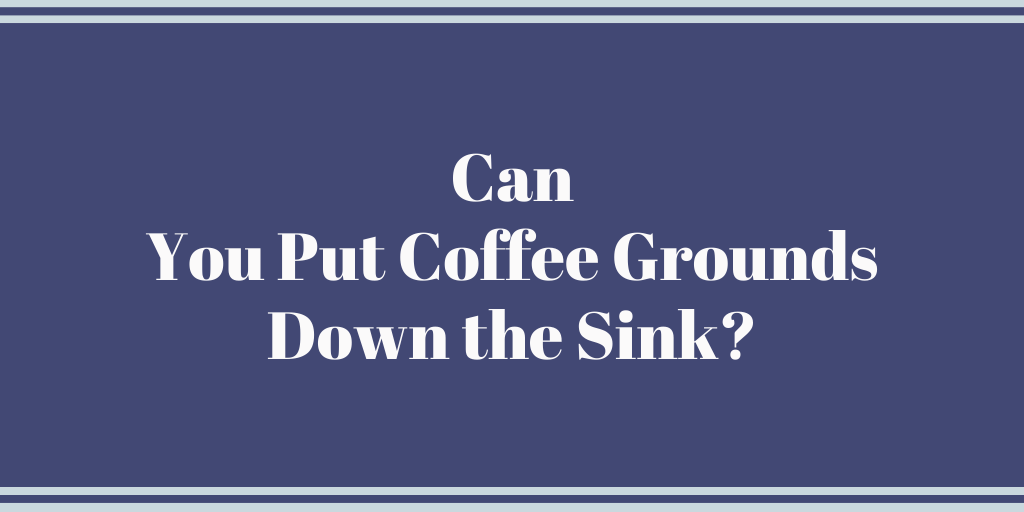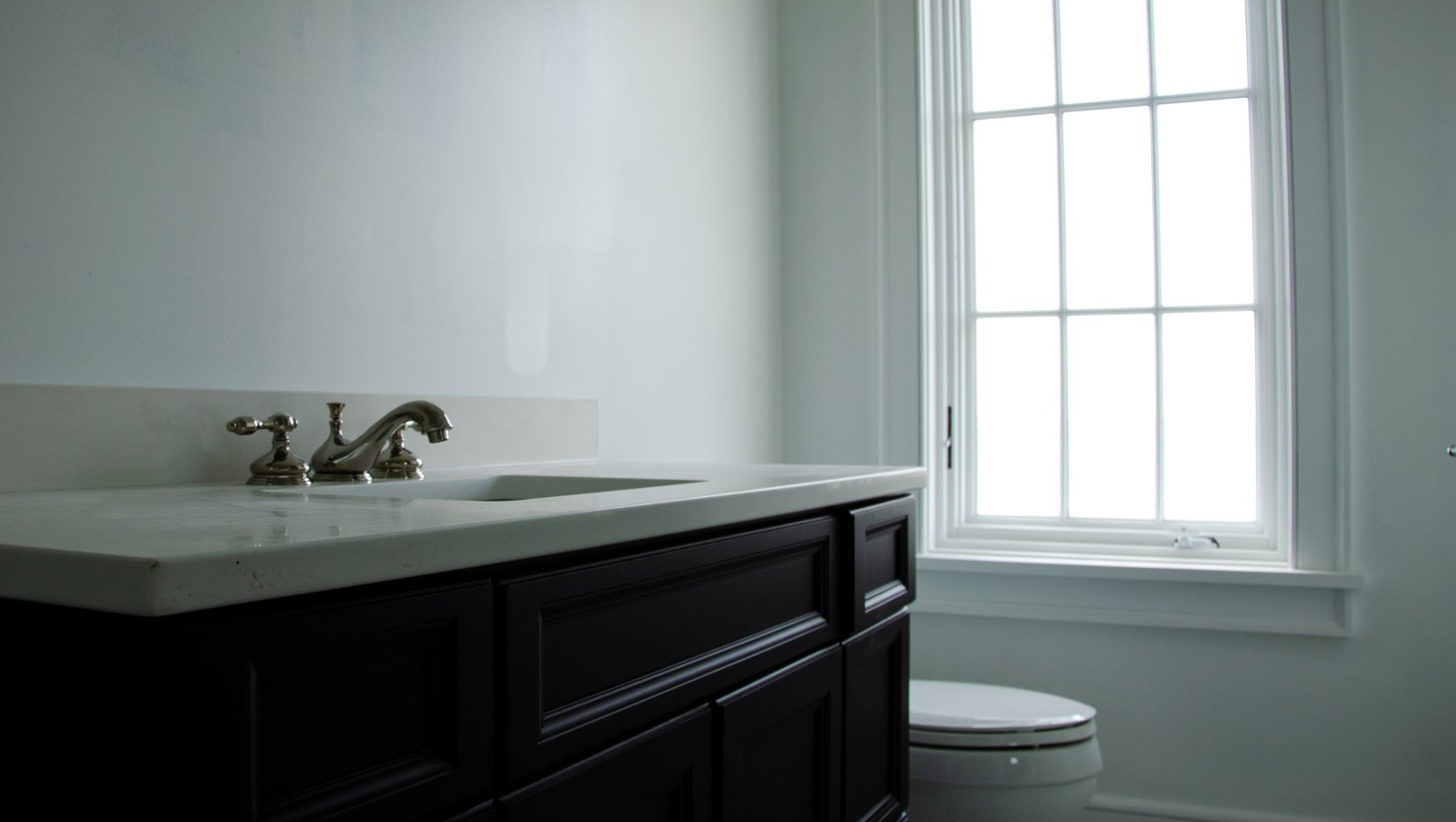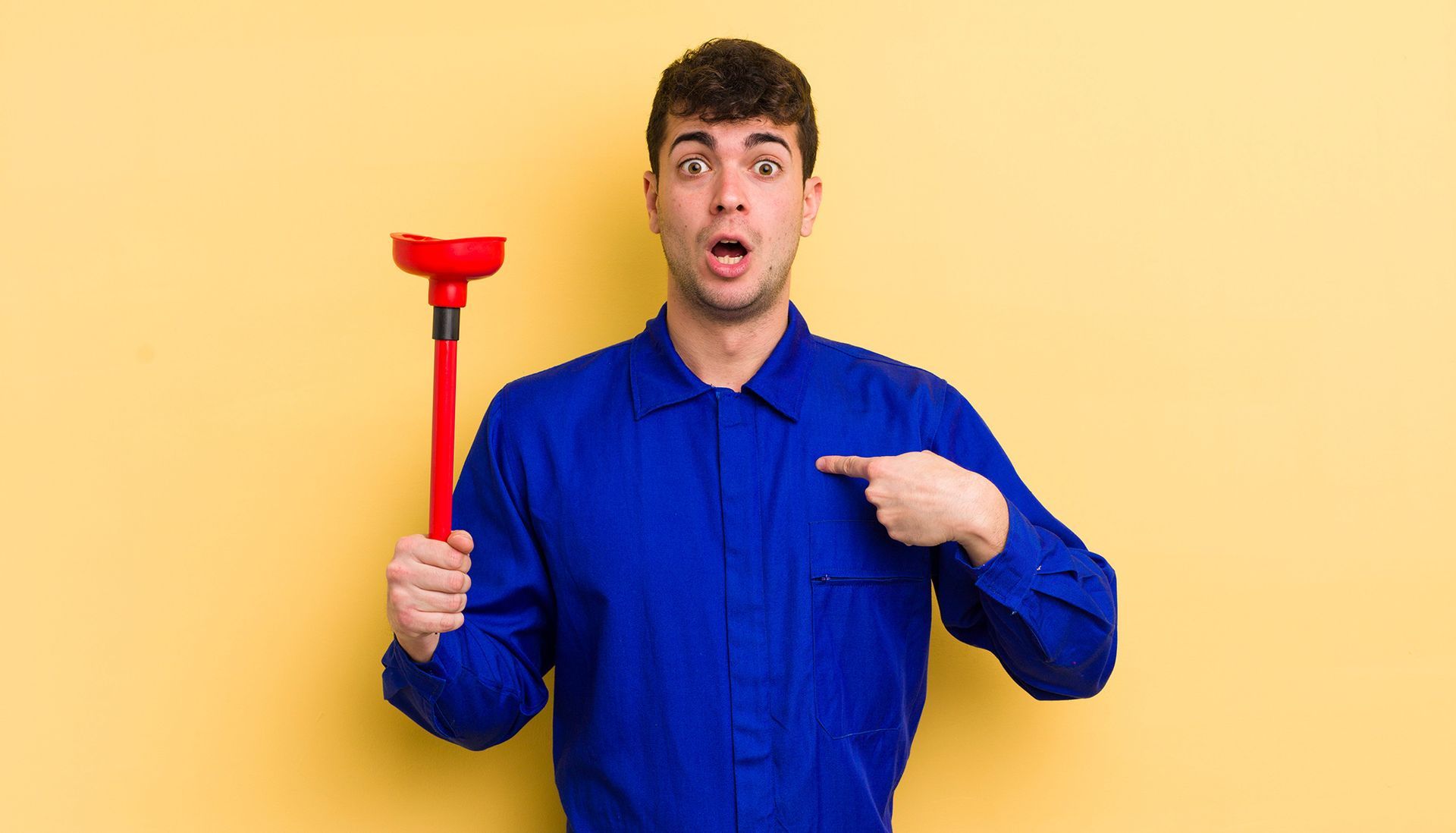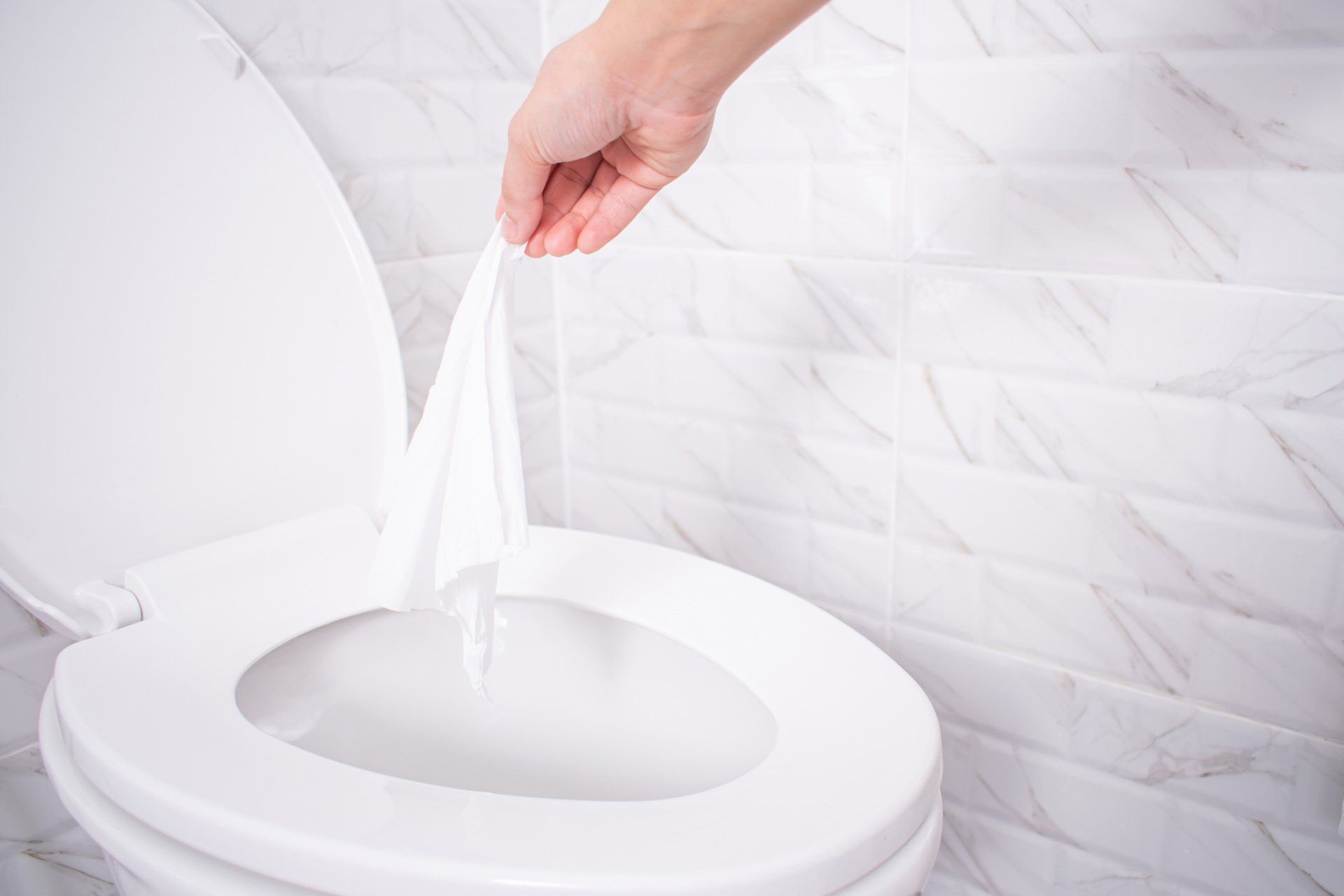Can You Put Coffee Grounds Down the Sink?
Stingray Branding • October 19, 2020
And Other Scary Plumbing Questions

It’s that time of year when we all think about scary things. Halloween costumes start coming out of the closet and we gear up for fun with our families. But what really scares you? Could be ghost stories. Could be taxes. Could be anything really. For us, it’s scary plumbing questions. So, in the spirit of this season, here are a few of the ones that scare us the most.
Can I Put Coffee Grounds Down the Sink?
Anything can go down the sink drain, right? Wrong. Coffee grounds are one of many food items that should never find their way down your drain. Why? Simple, because coffee grounds bond together in water rather than break apart. If you’ve been putting these down your drain and they combine with, say, oils or fats then you can have a serious clog that will require professional help to fix. So keep the coffee grounds in the trash…or the garden.
Why is there a Weird Smell From My Sink?
Horrid smells from your sink are usually the result of one of two main causes. Rotting food caught in the disposal is one. This can be for many reasons, the worst of which may be the mechanical or electrical failure of the disposal. The other one can be backing up of sewer gas into the main plumbing vent or drain tap. In either of these cases, calling in the pros can help get rid of that smell and get you back on track.
Why Does My Shower Drain Keep Failing?
A shower that doesn’t drain can have a number of causes. Usually this is due to hair and other associated objects forming clogs in the drain. There are a number of ways to fix this, with both professional products and home remedies, but there is something to keep in mind before you try them. How many clogs are there throughout the home? And are the repeating commonly? Multiple clogs happening at the same time can be the result of a larger blockage, and you should call a plumber immediately to prevent damage.
Your Plumbing Problems Don’t Stop
We know that this is a time of great uncertainty. We also know that plumbing problems never really stop, so our team is doing everything we can to respond to your needs while keeping everyone well and safe. If you have plumbing problems or questions, contact us today.
You might also like

In today's world, where environmental sustainability is becoming increasingly important, homeowners are seeking ways to make their homes more eco-friendly. While plumbin g may not be the first thing that comes to mind when thinking about energy efficiency, it plays a significant role in creating a greener home. In this blog post, we will explore energy-saving plumbing solutions that can help you reduce water waste, conserve energy, and make your home more environmentally friendly. I. Low-Flow Fixtures: One of the easiest and most effective ways to conserve water is by installing low-flow fixtures throughout your home. Low-flow faucets, showerheads, and toilets are designed to use significantly less water without sacrificing performance. These fixtures can reduce water consumption by up to 50% compared to traditional ones. Upgrading to low-flow fixtures is a cost-effective solution that not only helps the environment but also lowers your water bills. II. Water-Efficient Appliances: Another plumbing solution that can contribute to energy savings is opting for water-efficient appliances. Choosing appliances, such as dishwashers and washing machines, with a high Energy Star rating ensures that they use less water and energy with each use. These appliances are designed to operate efficiently while still providing excellent performance. Upgrading to water-efficient appliances not only reduces your environmental footprint but also helps you save on your utility bills in the long run. III. Efficient Water Heater: Your water heater can account for a significant portion of your overall energy consumption. To improve energy efficiency, consider installing a tankless or on-demand water heater. These systems heat water only when it is needed, eliminating the standby heat loss associated with traditional tank-style heaters. Tankless water heaters provide hot water on demand, reducing energy waste and ensuring you never run out of hot water. Additionally, insulating your water heater and pipes can further improve energy efficiency by minimizing heat loss. IV. Greywater Recycling: Greywater recycling is a sustainable plumbing solution that involves reusing water from sinks, showers, and laundry for non-potable purposes such as irrigation or toilet flushing. By diverting greywater, you can significantly reduce water consumption and minimize the strain on freshwater resources. Implementing a greywater recycling system requires professional expertise, but it can offer substantial long-term benefits for both the environment and your water bills. V. Rainwater Harvesting: Harvesting rainwater is an effective way to conserve water and reduce reliance on municipal water supplies. Installing rain barrels or a more elaborate rainwater harvesting system allows you to collect rainwater from your roof, which can then be used for outdoor irrigation or other non-potable purposes. Utilizing rainwater reduces the strain on municipal water sources during dry spells and contributes to water conservation efforts. VI. Regular Maintenance: Regular plumbing maintenance is essential for maximizing energy efficiency and preventing water waste. Inspect your plumbing system for leaks, dripping faucets, or running toilets and fix any issues promptly. These seemingly minor issues can waste significant amounts of water and increase energy usage over time. Conclusion: By implementing these energy-saving plumbing solutions, you can create a greener and more sustainable home while also reducing utility bills. Consulting with a professional plumber for advice on low-flow fixtures, water-efficient appliances, and other eco-friendly options tailored to your home's needs is highly recommended. Embracing these energy-saving plumbing solutions not only benefits the environment but also enhances your comfort, lowers your expenses, and contributes to a more sustainable future.


